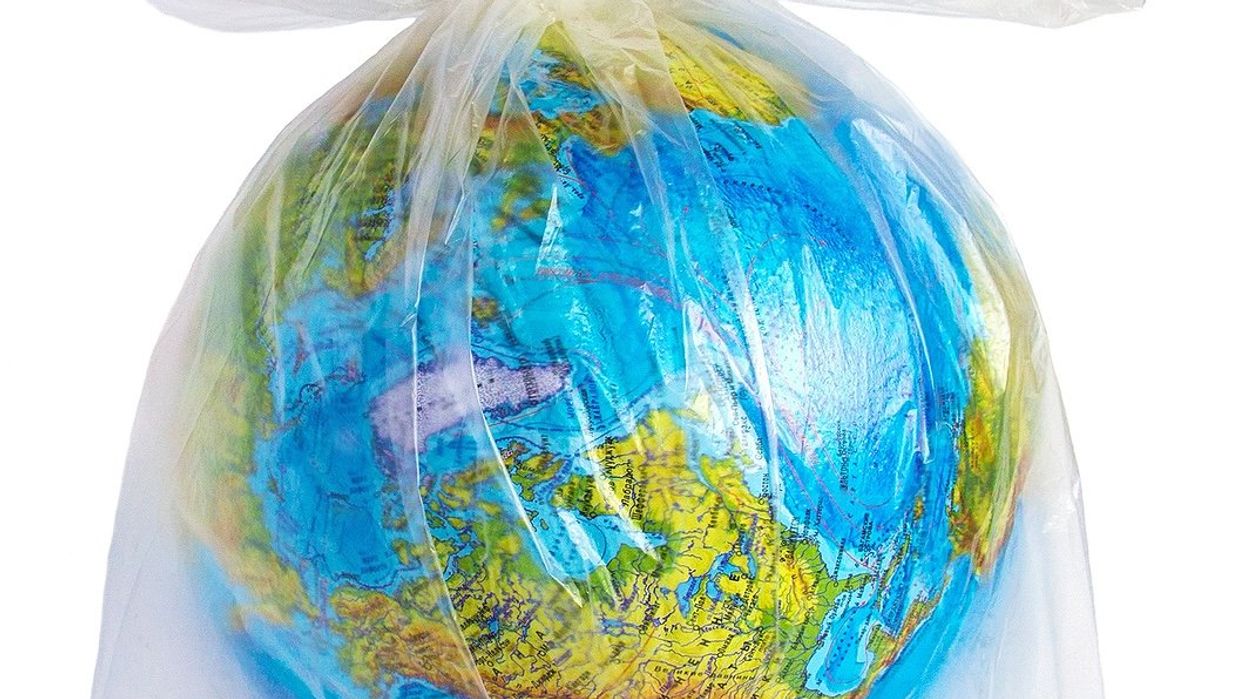Lung cancer diagnoses in people who have never smoked are increasing worldwide, with air pollution playing a significant role, according to a new study from the World Health Organization’s cancer agency.
Andrew Gregory reports for The Guardian.
In short:
- The International Agency for Research on Cancer found lung cancer in never-smokers is now the fifth leading cause of cancer deaths worldwide.
- Adenocarcinoma, the dominant lung cancer subtype, accounted for about 200,000 cases linked to air pollution in 2022, with the highest burden in East Asia, particularly China.
- While lung cancer rates among men have declined, cases among women continue to rise, narrowing the gender gap.
Key quote:
“Whether the global proportion of adenocarcinomas attributable to ambient air pollution will increase depends on the relative success of future strategies to curtail tobacco use and air pollution worldwide.”— Dr. Freddie Bray, lead study author and head of the IARC's cancer surveillance branch
Why this matters:
Lung cancer remains the leading cause of cancer deaths, and rising cases in non-smokers point to environmental factors like air pollution. This complicates public health efforts to reduce lung cancer deaths. It underscores the need for broader policies addressing air quality and environmental justice, particularly as low-income communities often bear the brunt of pollution. For individuals, it raises questions about how to navigate a world where invisible environmental hazards can profoundly impact health.
Related EHN coverage:















